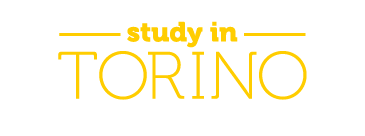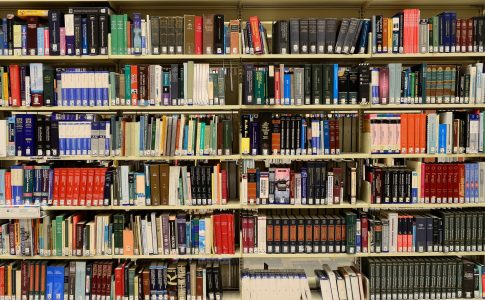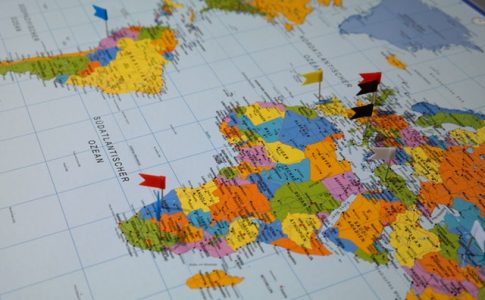The TOLC test will be compulsory also for all degree courses at Università di Torino. In fact, the TOLC test has replaced the TARM test (Test di Accertamento dei Requisiti Minimi- a test to ascertain minimum requirements), which was used in previous years to enroll on open-access degree
courses at the university of Turin.
The TOLC test can be taken on the online platform provided by the CISIA Consortium.
Which TOLC should I choose?
It depends from the degree courses on which you would like to enroll
The TOLC-E for the following courses: Business Administration, Economics and Statistics for Organisations; Social Innovation, Communication, New Technologies;
The English TOLC-E for: Global law and transnational legal studies;
The TOLC-SU for the following courses: Cultural Heritage; Intercultural Communication;
Labour Consultancy and Human Resources Management; Cultures and Literatures of the
Modern World; DAMS (Disciplines of Arts, Music and Performing Arts); Agri-food Law;
Law for Business and Institutions; Philosophy; Law; Humanities; Asian and African
Languages and Cultures; Languages and Cultures for Tourism; Modern Languages andLiteratures; Communication Sciences; Language Mediation Sciences; Digital Administration Sciences; International Development and Cooperation Sciences; Political and Social Sciences; Social Service (Biella campus); History.
The TOLC-S for the following courses: Chemistry and Chemical Technology; Physics; Computer Science; Mathematics; Mathematics for Finance and Insurance; Farm and Wild Animal Production and Management; Materials Science and Technology; Agricultural Science and Technology; Forest and Environmental Science; Geological Sciences; Natural Sciences; Herbal Techniques.
When do I have to take the test?
The test has to be taken no later than 22 nd September 2021. Registration for the test on the Cisia website will close on 16 September 2021. However, you can only sign up for the test until all available places are filled; places are limited and change according to calendar
availability.
How much does it cost?
The test costs 30€.
If you do not take the TOLC in time, you compromise your chances of enrolling for the
2021/2022 academic year.









